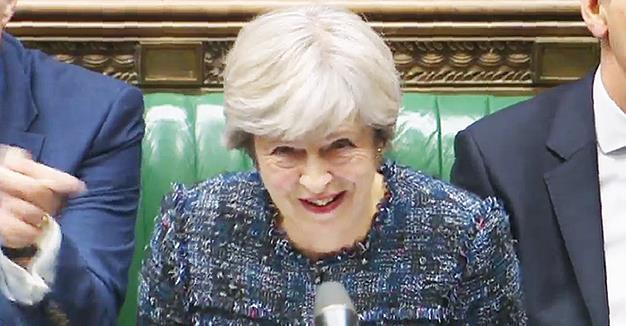UK unemployment hits new 42-year low
LONDON-Agence France-Presse

Britain’s unemployment rate has fallen to a new year 42-year low, official data showed on Sept. 13, but wages growth remains far below overall inflation.
The unemployment rate fell to 4.3 percent in the quarter through to the end of July, reaching the lowest level since 1975, the Office for National Statistics (ONS) said in a statement.
It had stood at 4.4 percent in the three months to June.
Employment reached a new record high of 32.1 million workers, as the number of people in jobs increased by 181,000 in the three months to July 2017.
A total of 1.46 million people were recorded unemployed at the end of July, down 175,000 on a year earlier.
But growth in wages continue to lag behind Britain’s annual inflation rate, which ONS statistics on Sept. 12 showed had jumped to 2.9 percent in August from 2.6 percent in July.
Average weekly earnings rose by 2.1 percent year-on-year in the three-month period to July, below the Bloomberg consensus estimate of 2.3 percent.
The combination of rising inflation and stagnating wage growth meant that real wages fell by 0.4 percent, further reducing purchasing power in the U.K.
“Job creation is a huge U.K. success story,” said Ian Stewart, chief economist at Deloitte.
“Despite Brexit uncertainties and slower growth, the U.K. continues to generate ever lower unemployment and ever more jobs.”
Despite the strong jobs growth, there is concern that weak wages growth is starting to hurt consumption, reducing the chances of interest rate tightening from the Bank of England that would give a lift to savers.
The government on Sept. 12 signaled its intention to raise salaries for all public sector workers by more than a 1.0-percent cap in place during several years of state austerity.
The first to benefit are police officers, who will see their pay increase by 2.0 percent, and prison officers, who are receiving a 1.7-percent hike.
But the POA prison officer union branded the move a pay cut in real terms, reflecting a wider frustration at loss of purchasing power in the U.K.
 Britain’s unemployment rate has fallen to a new year 42-year low, official data showed on Sept. 13, but wages growth remains far below overall inflation.
Britain’s unemployment rate has fallen to a new year 42-year low, official data showed on Sept. 13, but wages growth remains far below overall inflation.